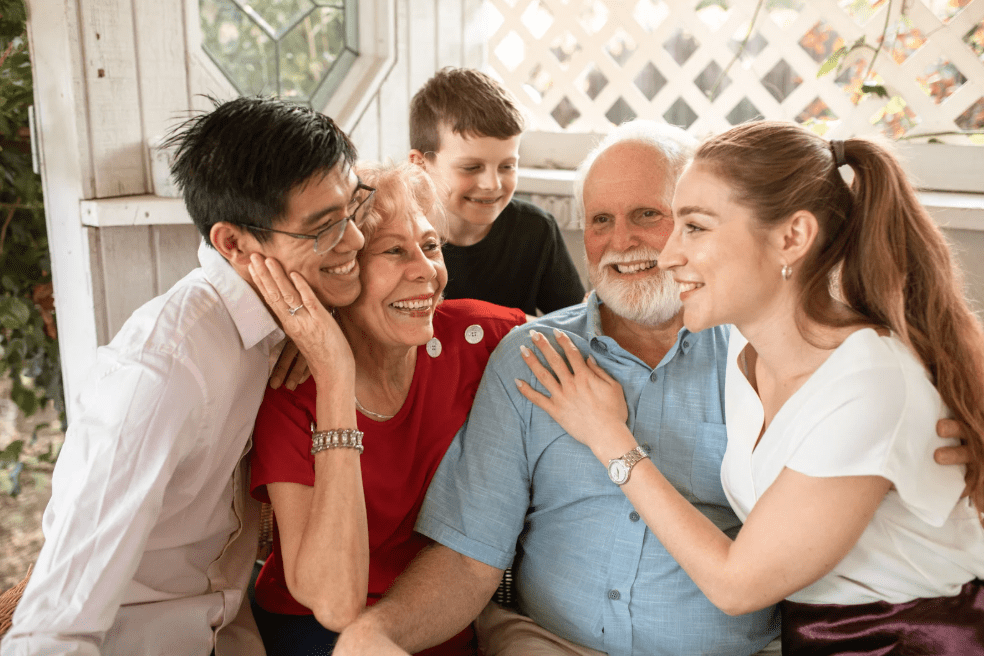Table Of Contents
As of June 10, 2013, the VA reported that 66.4% of Compensation and Pension Entitlement Claims were over 125 days old. The total number of backlogged claims is around 539,954. The largest number of backlogged claims are from Vietnam veterans — 36%. OIF and OEF veterans accounted for 23% and Gulf War veterans’ claims also amounted to 23% of the total VA claims backlog. What is clear from these figures is that, despite its efforts, the VA is either falling further behind or stuck in the status quo.
These figures do not account for the claims pending in Washington, D.C., before the Court of Appeals for Veterans Claims or the Board of Veterans Appeals. The Board of Veterans Appeals backlog has been hovering around 43,000 cases – or 2,700 cases per administrative judge advocate. So, these figures of claims that are over 125 days old do not truly reflect the magnitude of the problem.
In fact, the VA has been reporting success. In a few regional offices the backlog has been reduced: St. Paul, Sioux Falls, and Providence, R.I. St. Paul has reduced the backlog to 21.1% of claims, Sioux Falls to 18.1%, and Providence to 45.9%. But again, these small successes mask a much, much more difficult set of circumstances. The source of the problem is something with which the VA and Congress is finally starting to grasp – the cumbersome VA appeal system. The House Committee on Veterans Affairs is starting to examine the post-decision process for appealing veterans’ disability benefits claims, and it may start recommending major changes in the due process currently afforded veterans.
Will I Need a Advocate for My VA Appeal?
Effective representation and sound advocacy are important now, but the prediction is that a good advocate will be even more important in the future as the appeal process becomes more strict – e.g., shorter deadlines for appeal, less VA-based claims development, more specific “pleading” requirements, more specific requirements for notices of disagreement, and reducing the opportunities to appeal. Currently, a veteran can appeal two or more administrative decisions at the regional office level before proceeding to the two year wait at the Board of Veterans Appeals. Congress streamlined the process by eliminating the second review level at the regional office. This would require additional resources at the Board of Veterans Appeals, but it would also mean that development must take place more quickly. The legal record for a case should be made before a case is ever forwarded to the Board of Veterans Appeals. This substantially reduces the delay by avoiding a board remand, which is the result in the majority of cases.
In any event, the legal process will likely become more demanding for veterans; but, this is not necessarily a “bad” thing if it does help reduce the claims backlog. What it certainly does mean is that representation by knowledgeable and passionate advocates will become more and more important in the future.
At Veterans Help Group, our veterans disability advocate have dedicated their careers to helping former members of the armed forces navigate the VA system. You are not alone in facing these delays, and we are here to help.

Veterans Help Group Serving Our Community
Veterans Help Group Serving Our Community By Bobbi Boudi, Director of Community Outreach & Amy...

How Much Back Pay Will You Receive?
What is VA Disability Back Pay? VA disability back pay is payment for benefits the veteran was...

Your Guide to VA Ratings: Sleep Apnea
Your Guide to VA Ratings: Sleep Apnea Sleep apnea can be a serious condition that may impact...





